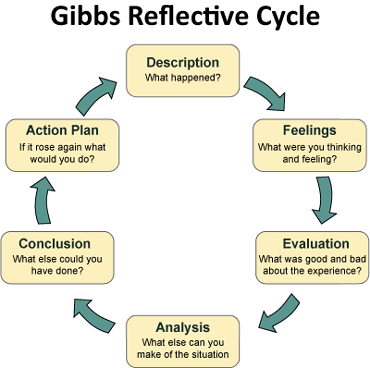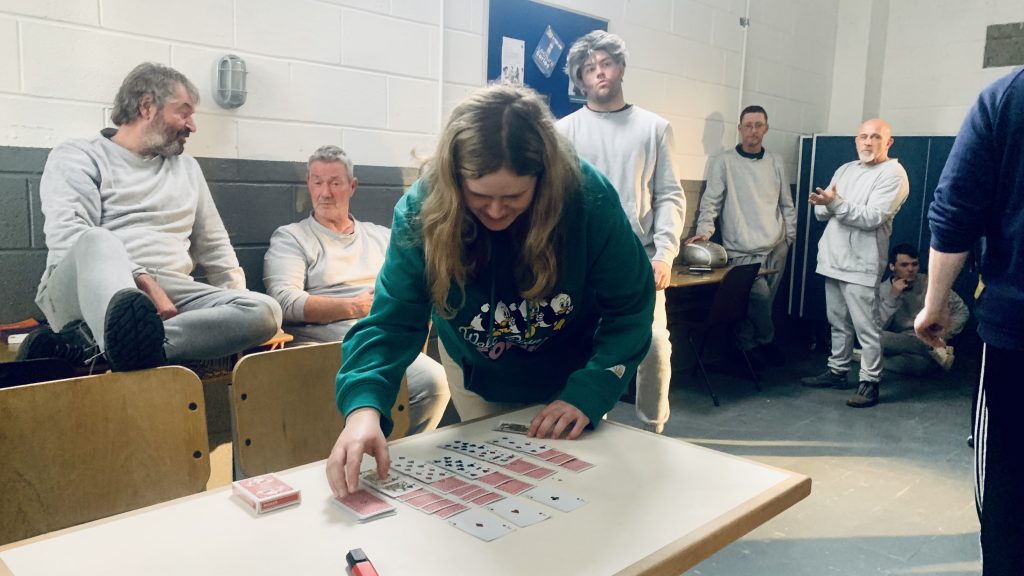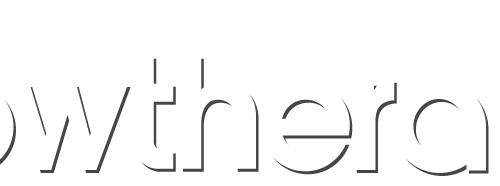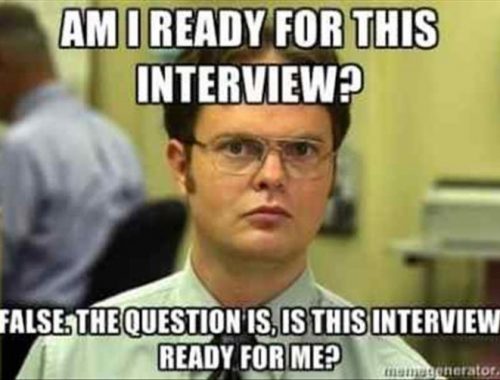A Helping Hand

It’s never easy starting a job or a new place of work, especially in the creative sector. Spontaneity and flexibility are key to surviving the freelance film industry. From meetings to production days, one must remain adaptable. My work placement at Lamb Films for post-production consisted of meetings postponed by hours or sometimes never happening. The placement would veer off schedule, and I would find myself suddenly acquiring a role. The spontaneity remained possible due to the collaboration between the crew. If an issue arose, a helping hand was always on its way. Through the last three months, I have gained an abundance of skills, especially around requesting for assistance, that will aid in my entering the film industry as an editor.
Placement Beginnings
Obtaining a work placement proved a difficulty. With little to no service, I was only capable of communicating with placement providers after hiking to a specific spot up on the mountain. I sent out emails to most of the placement providers listed but only received replies from two or three. One of the placement providers, luckily, allowed me to correspond through emails until I returned to my lodging with fast internet. Mid-August, days before I returned to Northern Ireland, resulted in being when I succeeded in obtaining this placement.
The most significant issue that arose would be with my first task of synching sound for their short film. In most work placements, students reside in one setting, such as an office, to shadow one of the employees. However, during my work placement, I was able to work remotely in my own time. This work dynamic granted more independence and reliance on myself to accomplish tasks. Yet, given a deadline of one week, I ended up placing too much pressure on myself to execute every task perfectly. The need for perfection overwhelmed me, especially when the project consisted of missing files.

Using Gibbs’s reflective cycle to reflect on the first week, I realise that I became stressed by putting too much pressure on myself. At the start of the work placement, the student is meant to be introduced to the operations of the company. The first month is a learning process; nothing will be perfect. Additionally, there is not one correct approach in the creative sector. This experience reveals the importance of slowing down and accomplishing only what is in my capability in the first week. It is essential for me to resist placing too much pressure on myself to carry out the assignments perfectly. As Indeed writes about beginning new employments, ‘it’s important to find a balance between showing a positive image and not holding yourself to unrealistic pressures and expectations.’ I placed unrealistic pressures on myself.
Reflection is a cyclical process in which we consciously consider our experiences, actions,
emotions, and reactions to events. We then analyse these experiences and feelings in order to gain
insight into ourselves and our practice. We use this insight to inform future practice.
Donald A. Schön
Reflecting on the experience permits me to gain insight into myself. I know, next time, to send an email to the director instead of struggling to finish the task alone. The Guardian provides advice in their online article, creative industries career tips, about requesting for direction. The article states that ‘most people will be willing to lend a hand if you reach out to them in a personal and considered way.’ All one must do is ask for assistance, even if it’s nerve-wracking. Although I automatically want to accomplish the task myself, it is necessary to request guidance in completing the assignment next time.
On Film Set
A script supervisor’s role requires close observation to every tiny detail of visual and auditory change to ensure continuity. I was tasked with being the script supervisor, along with being a runner, while on the set for one of Lamb Films’ short films. I concentrated on the costumes, props, hair, makeup, movements, and any aspect that would alter between takes. Close attention to detail prevents continuity errors in the post-production stage.

One of the props, the playing cards, frequently changed due to the action and stunts in the scene. Every fighting movement caused the cards to shift, causing every shot to be fixed. Resetting the playing cards became a top priority. ‘Everything needs to go back to one,’ as Roe Moore, a veteran Script Supervisor, states of his role.
I have utilised Gibb’s reflective cycle to analyse my experiences on set and determine the most effective approach to working as a script supervisor. The production designer collaborated with me in ensuring continuity in all shots. Hesitant at first, I accepted her helping hand. I recognised the production designer possessed more experience than me, and I could utilise her guidance in correctly carrying out the role of the script supervisor. Subsequently, I recognised that the cast and crew desired to produce an exceptional film that lacked continuity errors. Everyone collaborated with a common goal, thus no task needed to be executed alone. Because I was hesitant, I will now need to tackle relying on and collaborating with others in the film industry.
Overall Reflection
The first three months working with Lamb Films have improved my skills in teamwork, along with my skills in flexibility. My understanding of the methodology of the creative industry has ameliorated, and now, I acknowledge the film industry’s reliance on collaboration. Next time that I undertake a task for my work placement, I will remember that I am not required to carry out my tasks all alone. This understanding is useful for me as a learner because it will lead me to ask for assistance when I approach a roadblock. Overall, this work placement has proved beneficial as an outstanding groundwork for me in joining the film industry.
Bibliography
Freearm Tube Feeding Assistant. Little Miss Helping Hand GIF. [Online] Available at: https://giphy.com/gifs/freearmfeedingassistant-freearm-tubie-tube-feeding-UqsnktRJuarTYBQS7x (accessed 23 November 2022)
Gibbs, Graham. (1988) Learning by Doing, UK: Oxford Brookes Press.
Gray, Imogen. (2022) ‘Pick up the phone and ask for help’ – creative industries career tips. [Online] Available at: https://www.theguardian.com/culture-professionals-network/2016/apr/05/creative-industries-career-tips-advice-skills (accessed 23 November 2022).
Indeed. (2022) A complete guide to starting a new job successfully. [Online] Available at: https://uk.indeed.com/career-advice/starting-new-job/starting-a-new-job (accessed 23 November 2022)
Moore, Roe. (2022) How To Become a Script Supervisor. [Online] Available at: https://www.careersinfilm.com/script-supervisor/ (accessed 23 November 2022).
Schon, Donald A. (1992) The Reflective Practitioner: How Professionals Think in Action, London: Routledge.
You May Also Like

Working with a Production House
30 November 2022
The World of Theatre upon Reflection
30 November 2022
